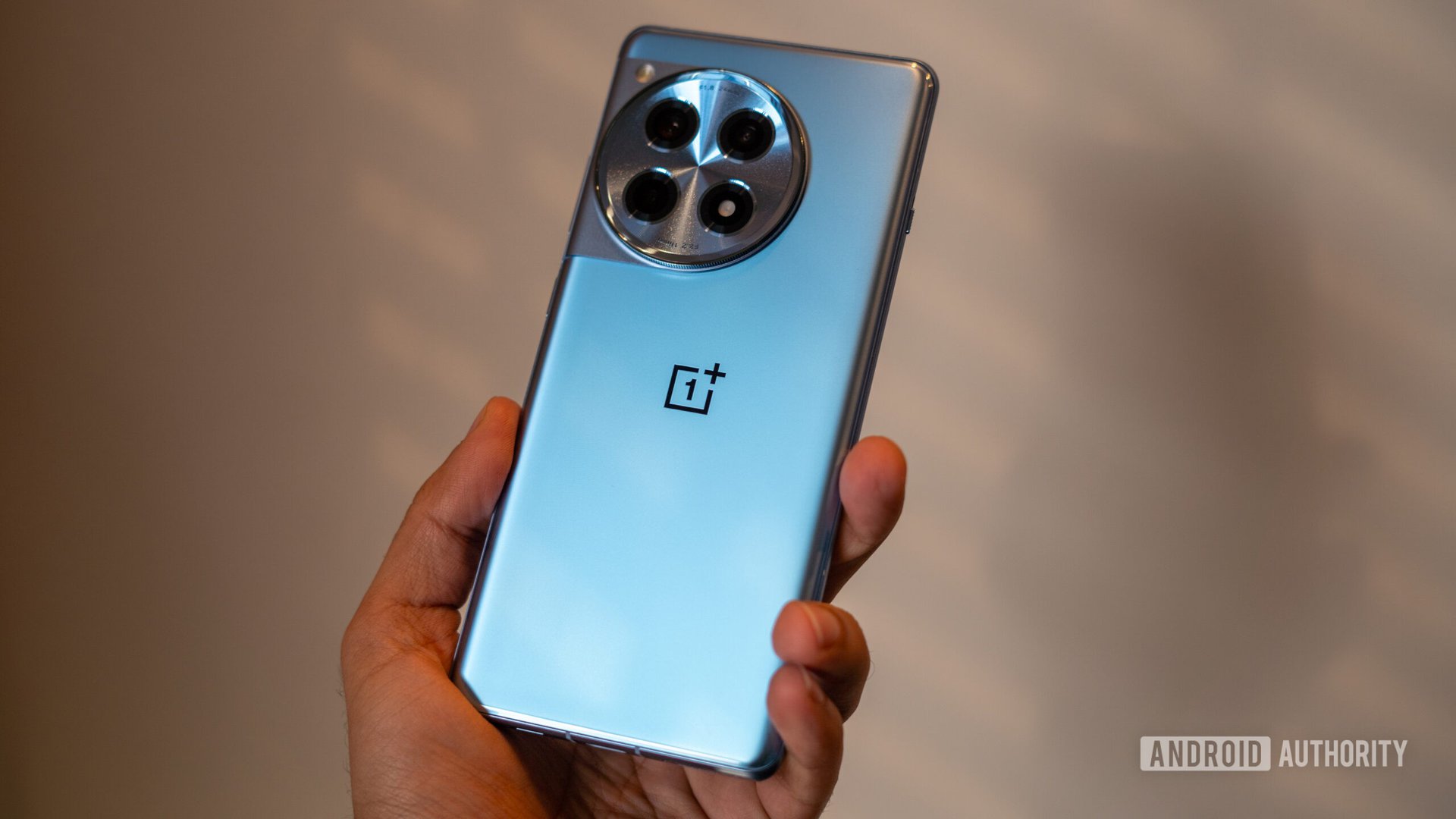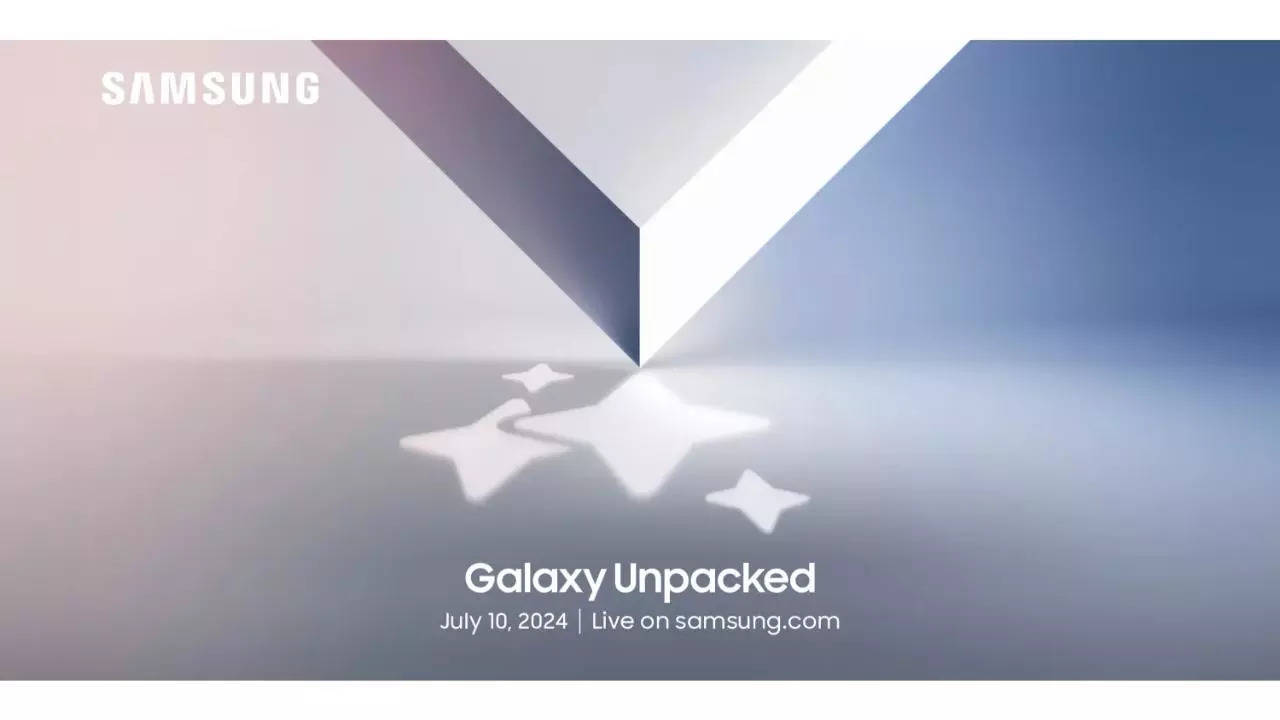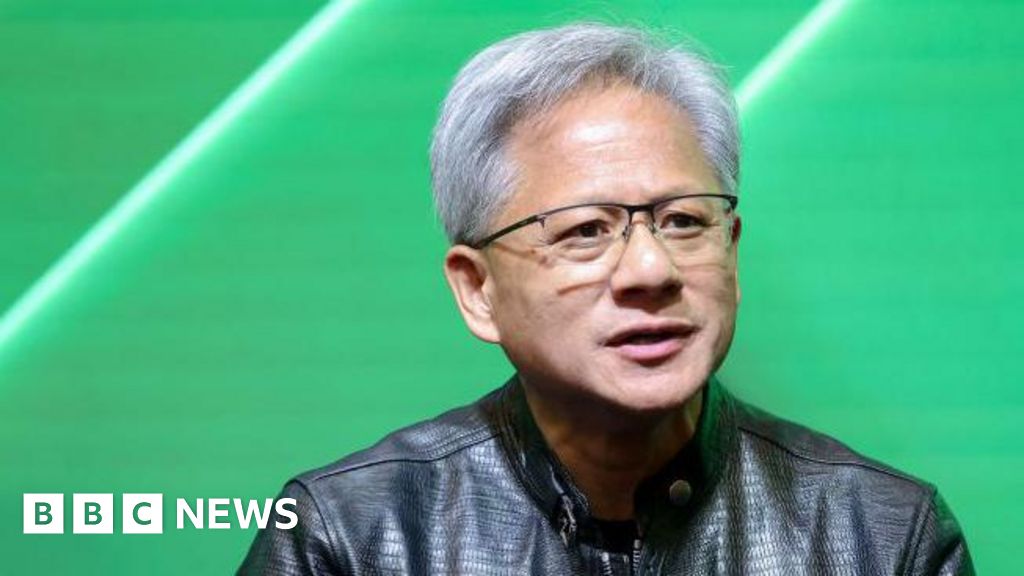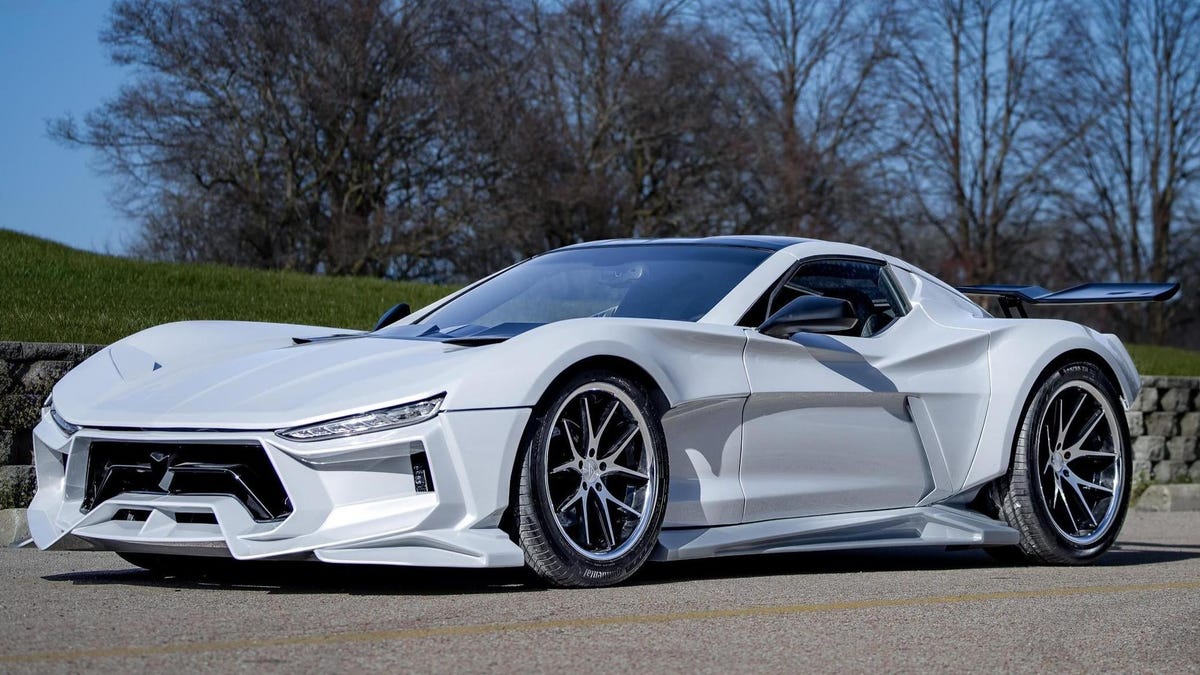A service that uses artificial intelligence (AI) to predict what an unborn baby’s face will look like has become popular among parents in China.
Advertised on e-commerce platforms, it claims to be able to “predict your baby’s future face from their four-dimensional ultrasound image,” and has attracted so much interest that it has gone viral.
Tens of thousands of customers have paid for the service, which costs between 10 yuan (US$1.4) and 30 yuan on China’s largest e-commerce platform, Taobao, which is owned by Alibaba, which owns the South China Morning Post. .
Vendors say they can use AI to generate an image of a newborn baby’s face from one or more ultrasound images.
Also known as an anomaly or anatomy scan, an ultrasound is usually performed between 18 and 22 weeks of pregnancy to check the health of the baby. Sometimes it is also possible to identify their gender.
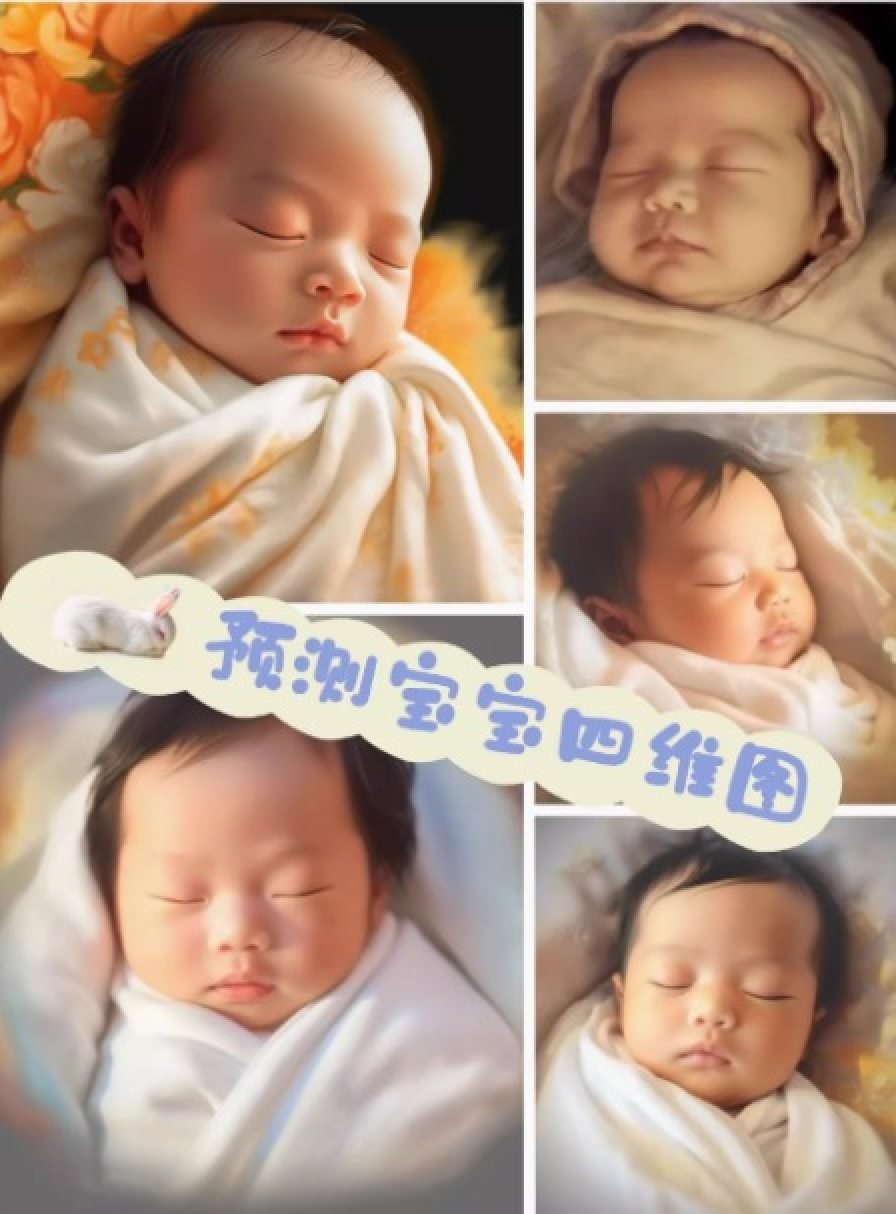
Some parents also take advantage of the ultrasound to see what their baby looks like.
In 2020, a mother in Anhui Province in eastern China cried after seeing hers, saying: “I have never seen such an ugly baby.”
One Taobao store said it was using a generative artificial intelligence program called Midjourney for the process.
After entering ultrasound images provided by customers and some text prompts, Midjourney generates four images to choose from.
Some stores charge more to refine photos. An image can take between 30 and 120 minutes to complete, depending on the store.
However, the similarity and clarity of the faces generated by the AI program are far from reliable.
The results generated are random and change depending on different text prompts.
One person said on social media platform Xiaohongshu that the face of their AI-generated baby looks just like any other AI-created baby.
Service providers cannot guarantee the accuracy of their results and claim that faces will have “80 to 90 percent” similarity to the faces in the ultrasound.
Some stores even offer to predict the faces of children up to the age of five.

Critics say the idea is flawed and that ultrasound is not an accurate representation of what a baby’s face will look like after birth because it is a composite image of multiple pictures taken by several cameras.
Additionally, the face may appear blurry if the baby was moving when the image was captured.
Parents often view the service as entertainment, or even a good luck charm, rather than a serious, scientific process.
In a comments section, one customer called the service a “blind box” and said, “Let’s see if my baby will look like the AI image or not. Wish me luck in giving birth,” she said.

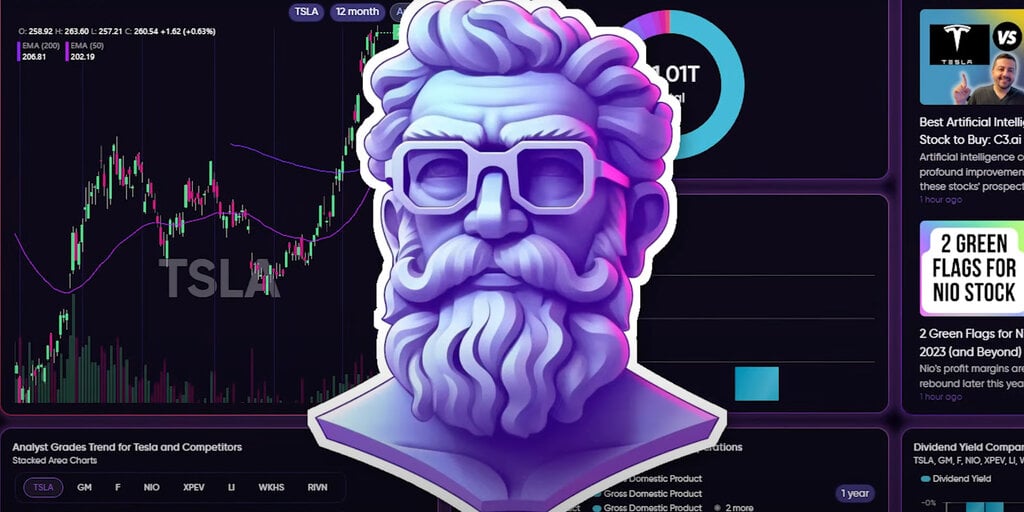

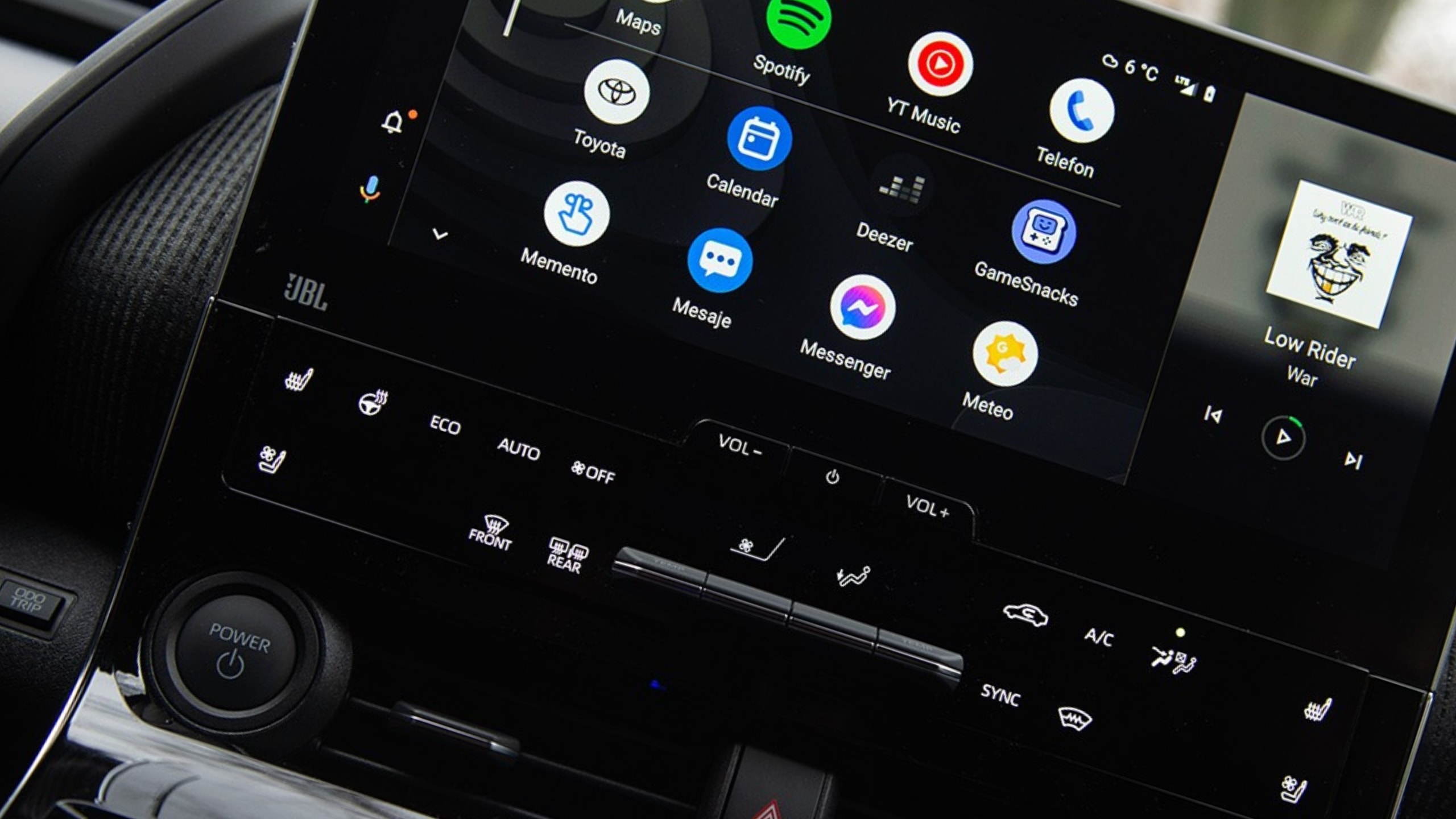

/cdn.vox-cdn.com/uploads/chorus_asset/file/25283723/STK048_XBOX_B.jpg)
